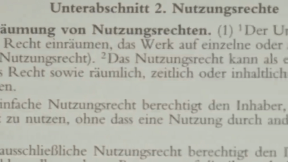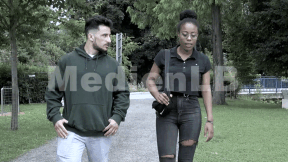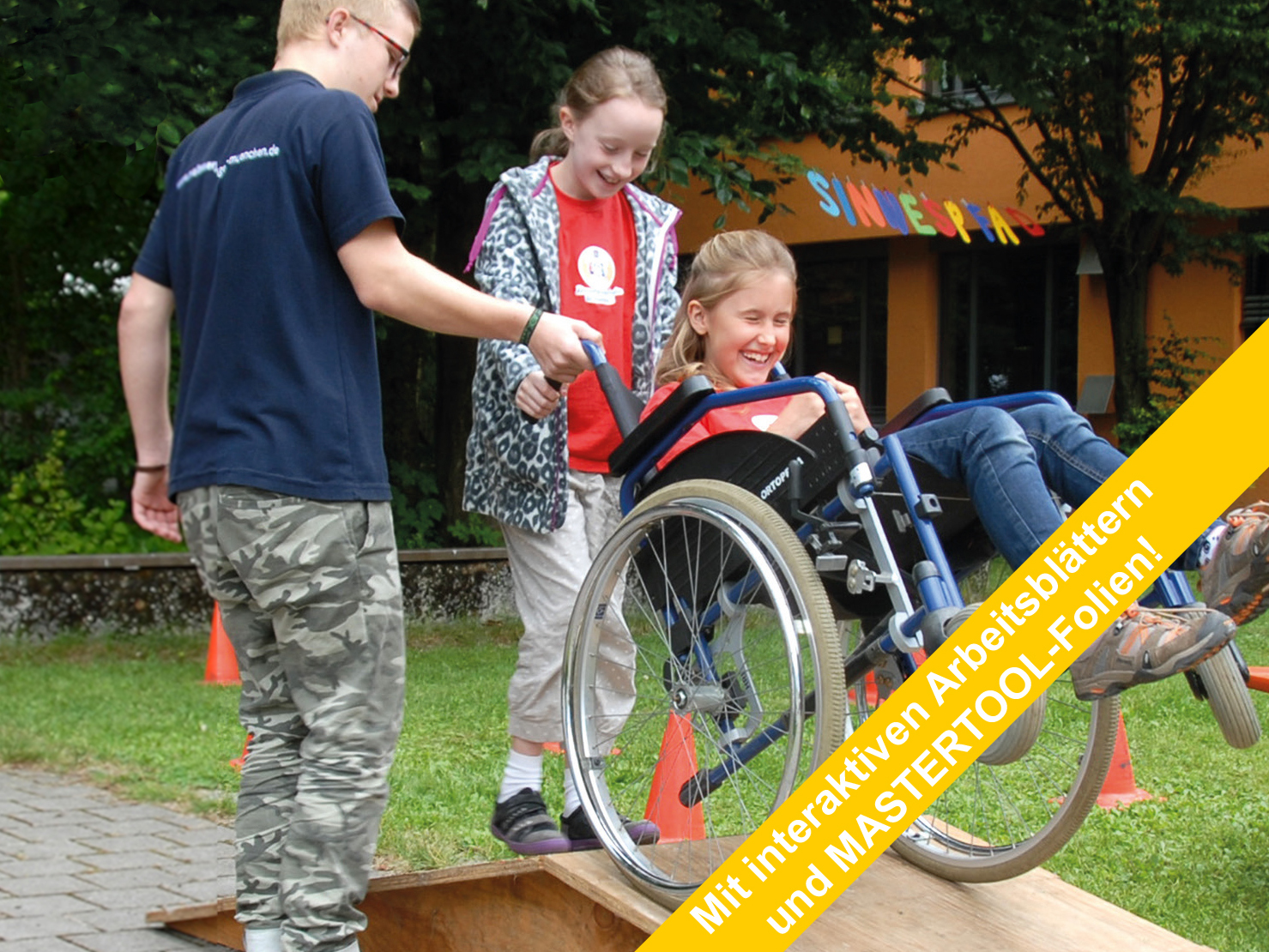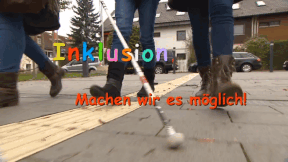 Biology
Biology


4667672 / 5558931
Basics of BIOLOGY I
Plant Cells, Photosynthesis, Respiration
Basics of Biology examines general biological issues that help to expand and consolidate basic biological knowledge. The first film of this series deals with the structure of the plant cell. It centres around the structure and function of plant tissue such as the xylem, root cells and stomata as well as the functions of the chloroplasts. In the second chapter the issue of photosynthesis and the elements involved in it are dealt with. With tests and experiments impacts of light and CO2 on photosynthesis are demonstrated and explained. The third part explains human respiration. The rising oxygen consumption of a woman athlete brought on by physical effort on the moving walkway is shown. What happens when the physical stress becomes too strong and the amount of oxygen inhaled is no longer sufficient? The transition from aerobic respiration to anaerobic respiration is vividly illustrated. Together with the extensive accompanying material the didactic DVD is ideally suited for use in the classroom.
Play trailer
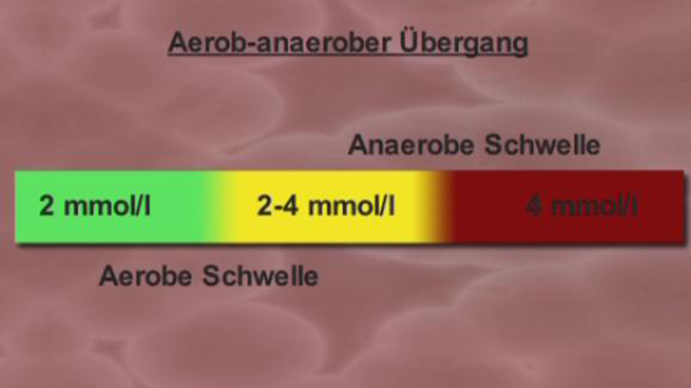
Curriculum-centred and oriented towards educational standards
Matching
Copyright
Copyright is subject to constant change to keep up with technological advances. This film enables the viewer to grasp the basic principles of this extremely intricate matter. By way of introduction, the film defines what an author is, what kinds of works there are and how long a work is protected on principle. Then the fundamental rights of an author are cited and it is shown how these are exploited in our times. In the third chapter, the respective rights are illustrated by way of practice-oriented examples of books, photos, music and films. Here, of course, an emphasis is laid on the field of education, taking into account the latest case law within the EU and Austria in particular. A further chapter highlights the problems arising with the Internet and goes into the citation law and pirate copies. All in all, in this way the viewer is made familiar with the most important basic terms and their meanings. Comprehensive worksheets and additional accompanying material invite us to deepen our knowledge of the subject.
Inclusion
Madita is eleven and blind. She does not want to go to a special school but to a regular grammar school. She says she feels "normal" there. Jonathan is eight and has a walking disability. He likes going to the school where he lives. Here, his best friend sits next to him. Max Dimpflmeier, a teacher who is severely deaf, explains that school life is not easy. Quote Max Dimpflmeier: "You don't want to attract attention, you want to avoid saying that it is necessary for you that 70 people adjust to your situation." People on their way to inclusion.





